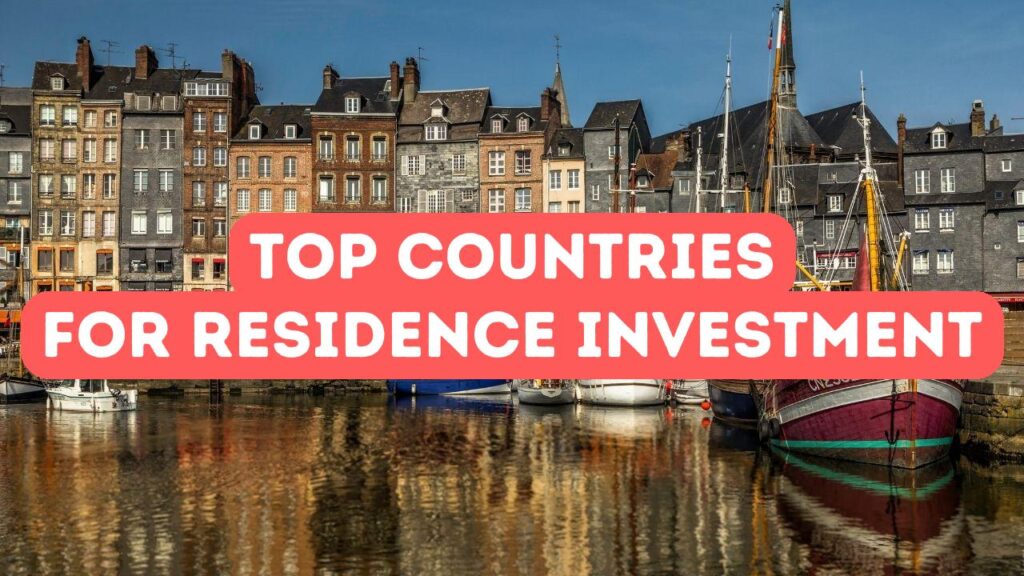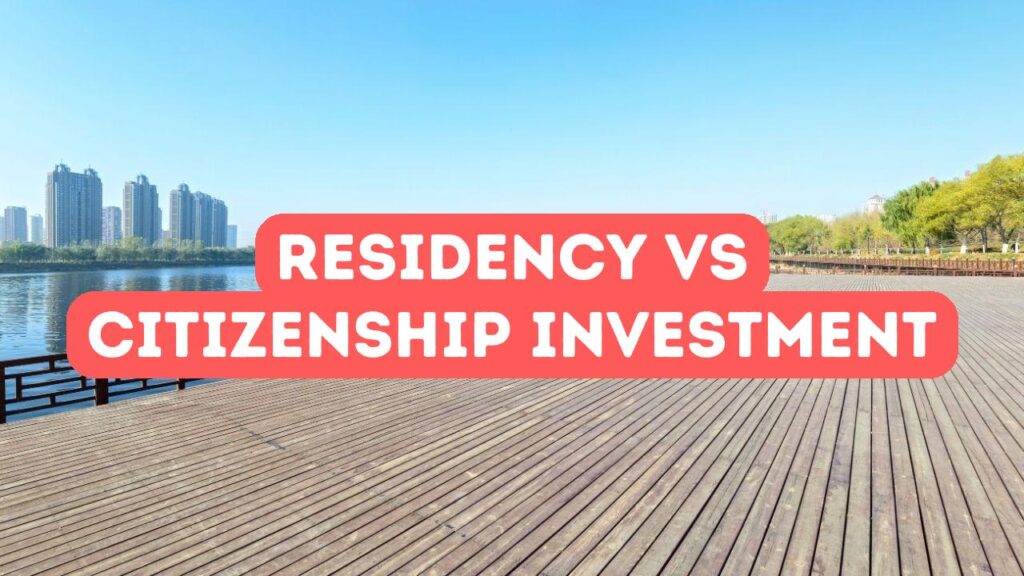Germany’s robust economy, high quality of life, and strategic location in Europe make it an attractive destination for global investors seeking residency options. If you’re considering obtaining a residence permit through investment, you’re entering a process designed to benefit both you and the German economic landscape. Our comprehensive guide will walk you through the essential steps, eligibility criteria, and legal requirements necessary to secure a residence permit by investment in Germany. Whether you’re an entrepreneur looking to establish a business, an investor seeking new opportunities, or a high-net-worth individual aiming for a strategic foothold in Europe, we provide all the critical information to make your journey seamless and successful.
Eligibility Criteria and Required Documentation
To be eligible for a residence permit through investment in Germany, applicants must meet several key criteria. You need to demonstrate a credible investment plan, typically involving the establishment of a business or the acquisition of an existing enterprise. Additionally, the minimum investment amount generally ranges from €200,000 to €300,000, contingent upon the specifics of the investment and location. Required documentation includes a detailed business plan, proof of sufficient funds, a clean criminal record, and valid health insurance. You’ll also need to provide identification documents and proof of your qualifications and experience relevant to the business venture.
Furthermore, applicants must prove that their investment will have a positive economic impact on the German economy, such as creating jobs or advancing innovation within a particular industry. Local authorities will evaluate the viability and sustainability of your business plan to ensure it meets economic interest requirements. Engaging a local financial advisor or legal consultant can significantly enhance the approval chances, as they can provide expertise on tailoring your plan to align with regional economic goals. It’s also essential to demonstrate your commitment by showing ties to Germany, such as previous business engagements, or plans for long-term integration, which can further substantiate your application’s credibility.
Successfully navigating the documentation and eligibility process is crucial, but equally important is managing the timelines and procedural nuances involved in obtaining a residence permit by investment. After submission, applications typically undergo rigorous scrutiny by both local and federal immigration authorities, a process that can take several months. During this period, applicants may be asked to attend interviews or provide additional documentation to further verify the information supplied. Given the intricate nature of the process, early and thorough preparation is advisable to avoid delays. Leveraging professional expertise can help anticipate potential challenges, ensuring a smoother and more efficient path to securing your residence permit. Once approved, the residence permit is generally granted initially for three years, with the option for renewal if the business continues to meet the necessary economic contributions and operational standards.
Investment Options for Obtaining Residency
Germany offers several investment options for those seeking a residence permit by investment. One popular route is through the formation or expansion of a business that can significantly contribute to the local economy. Applicants are required to develop a viable business plan and demonstrate sufficient financial resources to support the venture. Additionally, investments in real estate can also pave the way for residency, provided the investment meets specific regional development goals and benefits the local community. Innovative startups and technology ventures are particularly encouraged, enhancing Germany’s reputation as a hub for cutting-edge industries and economic growth.
Another viable investment option is through the purchase of government bonds or other financial instruments that can directly aid in national development. These investments typically require a substantial financial commitment, but they offer the advantage of being relatively low-risk compared to other investment avenues. The minimum investment amounts and duration of holding these assets vary depending on the specific program and current economic priorities set by the German government. By allocating your resources in these state-sanctioned financial instruments, you not only contribute to the country’s economic stability but also position yourself favorably for residency approval.
Another interesting investment avenue for obtaining a residence permit in Germany is through strategic partnerships with local enterprises or participating in regional development projects. These collaborations often focus on revitalizing underserved areas or supporting sectors that are pivotal for economic growth, such as renewable energy, healthcare, and advanced manufacturing. Investing through these channels not only fulfills the financial criteria for residency but also positions you as a key contributor to Germany’s dynamic and forward-looking economic ecosystem. The government and local authorities often provide additional support and incentives for such investments, making them an attractive option for foreign investors looking to establish deeper roots in the country.
Benefits and Key Considerations
Obtaining a residence permit by investment in Germany offers a range of compelling benefits, including access to a stable and thriving economy, world-class healthcare and education systems, and a high standard of living. As an investor, you can capitalize on Germany’s strong market position in various industries, from automotive to technology, enhancing your business potential and growth prospects. Additionally, the Schengen Area access allows you to travel freely across multiple European countries, further increasing your mobility and business opportunities. However, it’s crucial to thoroughly understand the legal requirements and financial commitments involved, ensuring that your investment aligns with both personal and professional goals.
When considering the financial aspects of obtaining a residence permit by investment in Germany, it’s essential to understand that the minimum investment threshold can vary depending on the type of investment you plan to make. Typically, investments in real estate, business startups, or existing enterprises are popular routes. The required investment amount generally starts around €250,000, but this can fluctuate based on regional economic conditions and specific project requirements. In addition to the capital investment, applicants must demonstrate sufficient financial means to support themselves and their dependents throughout their stay in Germany, ensuring no reliance on public funds. Moreover, a well-prepared business plan highlighting the economic benefits your investment will bring to the local community can significantly enhance your application’s success. Properly navigating these financial commitments with the help of specialized legal and financial advisors will ensure your investment is both compliant and strategically sound.
In addition to the financial and business considerations, understanding the legal and procedural aspects of obtaining a residence permit by investment in Germany is crucial. This includes comprehending the various types of residence permits available, such as the entrepreneur visa (self-employment) or the investor visa, and the specific requirements each entails. Applicants are typically expected to present comprehensive documentation, including proof of investment, a valid passport, financial statements, and an articulate business plan. Furthermore, engaging with local immigration authorities and adhering to regional regulations is imperative to avoid any bureaucratic setbacks. Collaborating with experienced legal consultants specializing in German immigration law can help streamline the complex application process, ensuring all criteria are meticulously met and enhancing your chances of a successful outcome. Understanding these legal nuances not only facilitates a smoother application process but also ensures long-term compliance with German residency laws.







